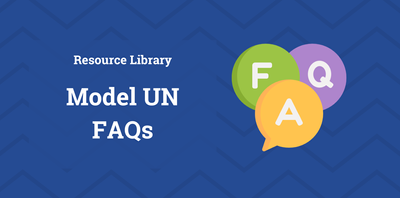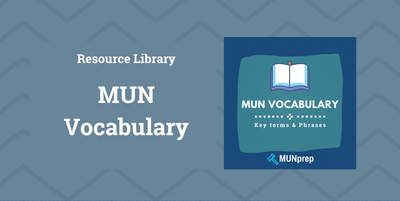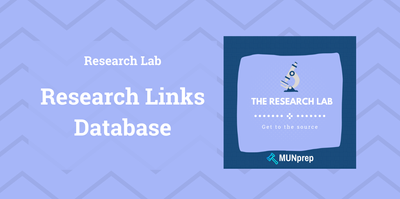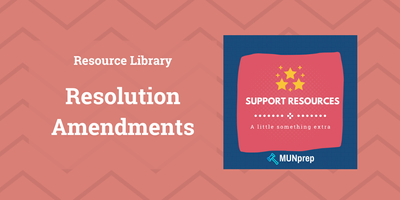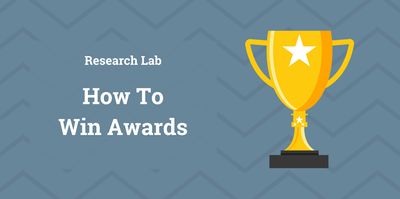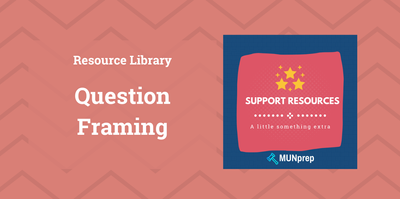Using Quotes in Model UN
Improve your Model UN speeches with our collection of quotes. Our bank covers motivational, educational, political, and environmental. Perfect for opening with impact, emphasizing key points, or closing with inspiration.
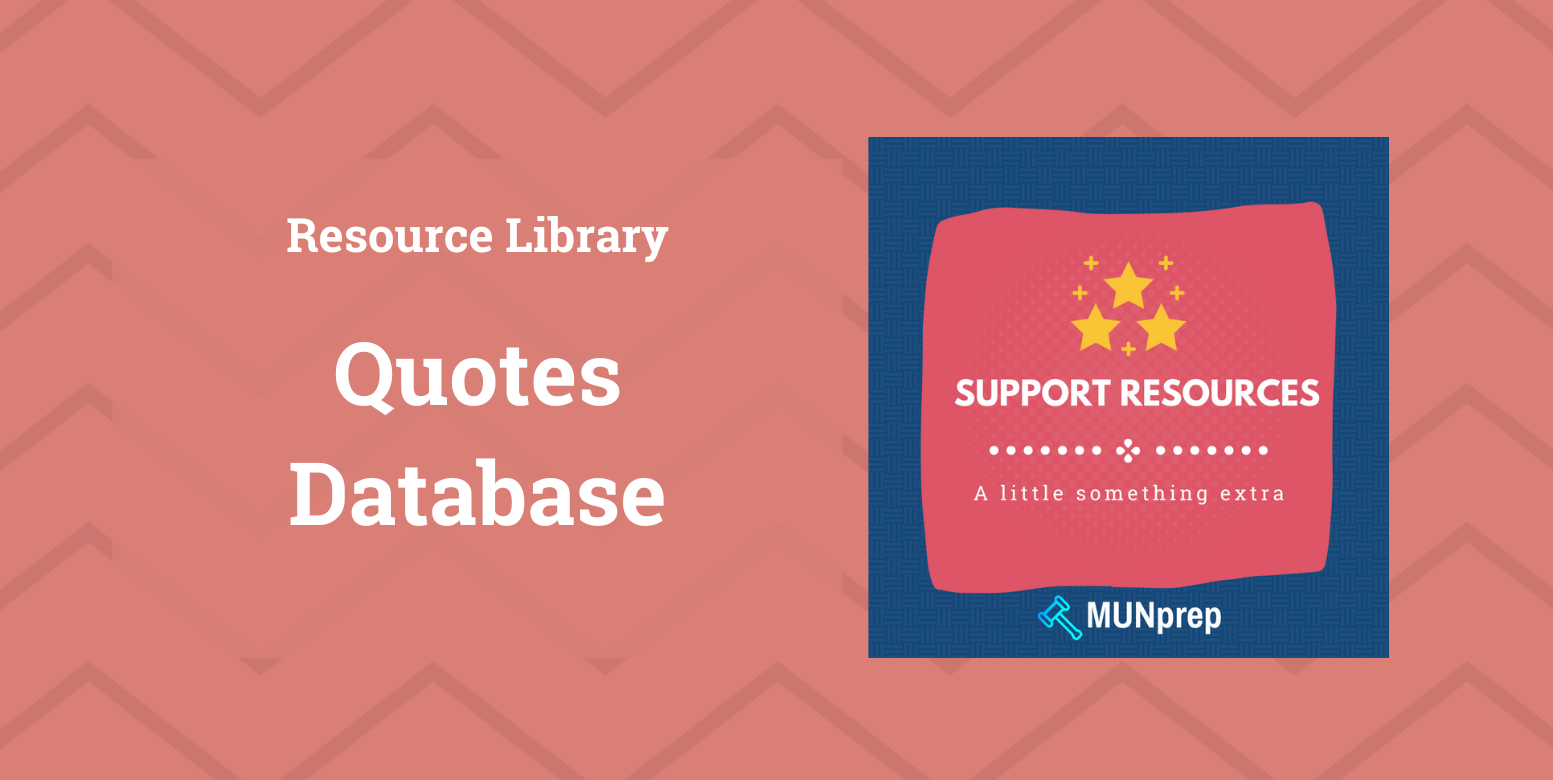
Quotes are a powerful way to enhance your speeches, whether you’re opening with impact, emphasizing a key point, or wrapping up with inspiration.
Below is a bank of real quotes categorized by type, along with suggestions on how to use them effectively in Model UN speeches.
Curious about speech openers? Check out our guide here!
Motivational Quotes
Motivational quotes inspire action and can be effective in opening or closing your speech with energy.
- “The only person you are destined to become is the person you decide to be.” – Ralph Waldo Emerson
Application: Empower delegates to take ownership of solutions. - “Believe you can and you’re halfway there.” – Theodore Roosevelt
Application: Reinforce the importance of confidence in achieving global cooperation. - “It always seems impossible until it’s done.” – Nelson Mandela
Application: Motivate collaboration in tackling seemingly insurmountable global challenges. - “Start where you are. Use what you have. Do what you can.” – Arthur Ashe
Application: Encourage pragmatic solutions during committee debates.
Academic or Educational Quotes
These quotes can stress the importance of knowledge and education in solving global issues.
- “Education is the most powerful weapon which you can use to change the world.” – Nelson Mandela
Application: Advocate for funding or programs promoting global education. - “An investment in knowledge pays the best interest.” – Benjamin Franklin
Application: Argue for educational access as a priority in developing nations. - “The beautiful thing about learning is that no one can take it away from you.” – B.B. King
Application: Highlight education as a universal right. - “Live as if you were to die tomorrow. Learn as if you were to live forever.” – Mahatma Gandhi
Application: Inspire an urgency to learn and innovate.
Political or Social Quotes
These quotes are ideal for speeches addressing unity, justice, and shared responsibility.
- “Injustice anywhere is a threat to justice everywhere.” – Martin Luther King Jr.
Application: Support resolutions addressing human rights abuses. - “We may have all come on different ships, but we’re in the same boat now.” – Martin Luther King Jr.
Application: Promote international unity in tackling shared challenges. - “The arc of the moral universe is long, but it bends toward justice.” – Theodore Parker (popularized by MLK Jr.)
Application: Emphasize persistence in achieving justice globally. - “To deny people their human rights is to challenge their very humanity.” – Nelson Mandela
Application: Argue for resolutions supporting vulnerable populations.
Inspirational or Resilience Quotes
These quotes can inspire hope, perseverance, and determination to overcome challenges.
- “It’s not whether you get knocked down, it’s whether you get up.” – Vince Lombardi
Application: Urge resilience when debates hit roadblocks. - “Rock bottom became the solid foundation on which I rebuilt my life.” – J.K. Rowling
Application: Advocate for post-crisis rebuilding efforts. - “Success is not final, failure is not fatal: It is the courage to continue that counts.” – Winston Churchill
Application: Motivate committees to keep striving for solutions. - “Do what you can, with what you have, where you are.” – Theodore Roosevelt
Application: Encourage practical and immediate action on pressing issues.
Environmental Quotes
Perfect for topics on sustainability and climate change.
- “The Earth is what we all have in common.” – Wendell Berry
Application: Promote unity in addressing climate change. - “We do not inherit the Earth from our ancestors; we borrow it from our children.” – Native American Proverb
Application: Emphasize the importance of sustainable development. - “What we do today, right now, will have an accumulated effect on all of our tomorrows.” – Alexandra Stoddard
Application: Inspire urgency in environmental policymaking.
How to Seamlessly Integrate Quotes in Your Speech
- Lead-In: Provide a sentence introducing the quote.
Example: "As we discuss solutions for global poverty, I am reminded of a powerful truth by Nelson Mandela…" - Recite the Quote: State the quote clearly and with confidence.
- Pause for Impact: Let the audience absorb the significance of the quote.
- Interpret and Connect: Briefly explain its relevance to your topic.
Example: "Mandela’s words remind us that education is not just a tool but a foundation for sustainable change." - Transition: Use the quote as a bridge to your main point.
Example: "With this in mind, let us consider how we can enhance global education efforts."

